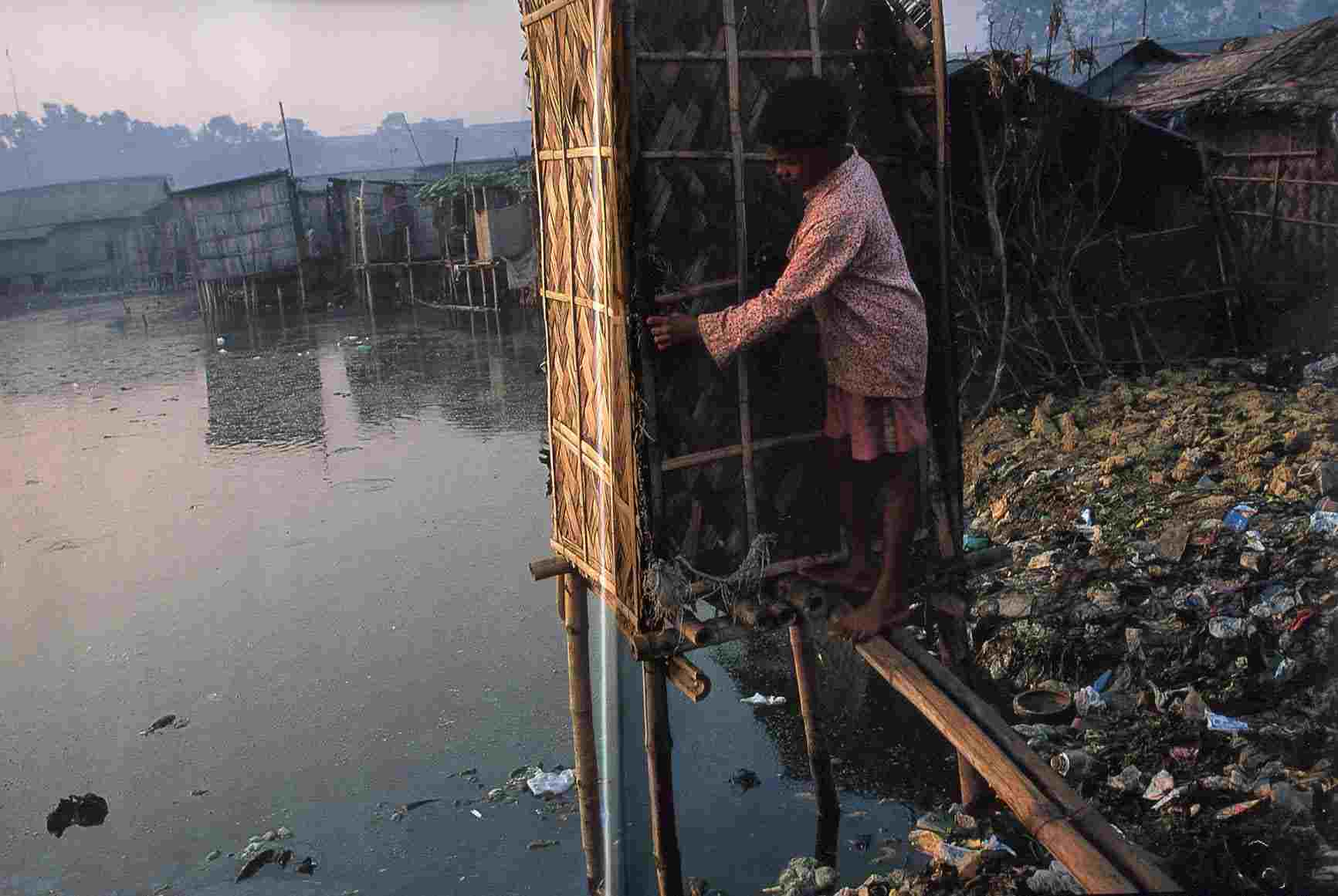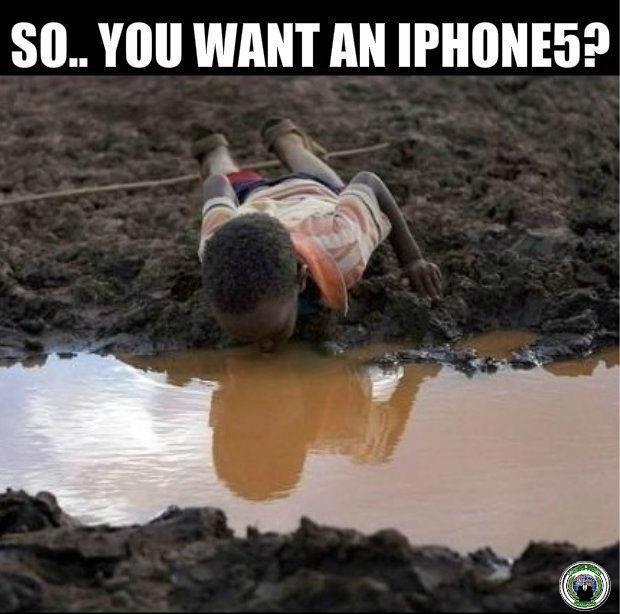
Dirty water
[back] Poverty
Water
[About 1.2 billion people still have no access to safe drinking water, 2002, and 2 million children die every year from water-related diseases (ref), most of them due to the use of dirty water with baby milk. The health effects of dirty water (eg Typhoid) were discovered by John Snow around 1854, yet were still ignored in Germany by 1901!]
Third World export of baby milk
[2009 June] Village boycotts polio campaign to protest civic conditions Residents of Sarvat village in the Muzaffarnagar district, about 350 km from Lucknow, boycotted the vaccination drive May 24 and said they will continue their protest till their complaints about poor sanitation, contaminated water supply, and lack of garbage disposal facilities are addressed.....“Go to any place around the village, you will surely find filth and squalor… clogged drains that have become breeding ground for mosquitoes and other insects,”.....With no garbage disposal system, residents are left with no option than to throw the domestic waste onto the roads. “In most of the village, you will not find any garbage bins, due to which the waste here is thrown out in the open"
Quotes
[2005] In
Sub-Saharan African about 60 percent of the population lives and dies without
safe drinking water, adequate food or basic sanitation. .....The
report describes “heaps of unclaimed garbage” among the crowded houses in the
flood zones and “countless pools of water [that] provide a breeding ground for
mosquitoes and create a dirty environment that favors cholera.”
.....The state-run Ugandan National
Water and Sewerage Corporation states that currently 55% of Kampala is provided
with treated water, and only 8% with sewage reclamation.
Most rural villages are without any
sanitary water source. People wash clothes, bathe and dump untreated waste up
and downstream from where water is drawn. Watering holes are shared with animal
populations, which drink, bathe, urinate and defecate at the water source.
Unmanaged human waste pollutes water with infectious and often deadly bacteria.
Stagnant water breeds mosquitoes, which bring malaria. Infectious diarrhea,
dysentery, cholera, TB, malaria and famine are the top killers in Africa. But in
1985, they became AIDS.
The public service announcements
that run on VH1 and MTV, informing us of the millions of infected, always fail
to mention this. I don’t know what we’re supposed to do with the information
that 40 million people are dying and nothing can be done. I wonder why we
wouldn’t be interested in building wells and providing clean water and sewage
systems for Africans. Given our great concern, it would seem foolish not to
immediately begin the “clean water for Africa” campaign. But I’ve never heard
such a thing mentioned.
The UN recommendations for Africa
actually demand the opposite –“billions of dollars” taken out of “social funds,
education and health projects, infrastructure [and] rural development” and
“redirected” into sex education (UNAIDS, 1999). No clean water, but plenty of
condoms. ----The Hidden Face of HIV – Part 1
By Liam Scheff
http://gnn.tv/articles/article.php?id=1035
"According to Sir Edwin Chadwick, Dr. B. W. Richardson, and all other sanitarians of repute, small-pox is a disease due to insanitary conditions, impure water, bad drainage, dirty living,. and particularly to overcrowding; and, instead of removing these conditions, the Governments of India during the past thirty years have been spending their, energies, and large sums of money, in extending vaccination."--William Tebb (1893 Book: LEPROSY AND VACCINATION)
"The forcing of them to take a vaccine against a disease they know to be harmless and which they know how to cure in its harmful state was seen as government hell bent on killing its own population for the benefit of commanding whiteworld.....Uganda spent nine million of its meager resources marketing this European product (the money spent would have build 120,000 protected water springs giving 30% of the country access to clean water, it would have built ten ultra modern research centers looking at, for example, pests that are threatening the banana crop, but government chose European impose priorities." "--Kihura Nkuba 2003
 25
year old Miza has five children and comes from Madagascar. She used to have to
collect water from this muddy pool where animals drink and flies buzz around.
WaterAid has helped her community build a new well and her life has changed
dramatically. Please visit
www.wateraid.org.uk and help more like her. Only $25 gives fresh water AND
sanitation to one person FOR LIFE
25
year old Miza has five children and comes from Madagascar. She used to have to
collect water from this muddy pool where animals drink and flies buzz around.
WaterAid has helped her community build a new well and her life has changed
dramatically. Please visit
www.wateraid.org.uk and help more like her. Only $25 gives fresh water AND
sanitation to one person FOR LIFE


[2002 Bangladesh] Basic Sanitation
